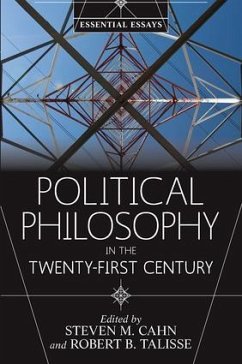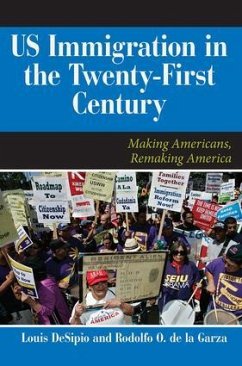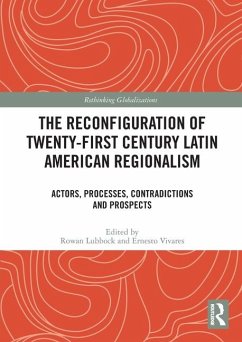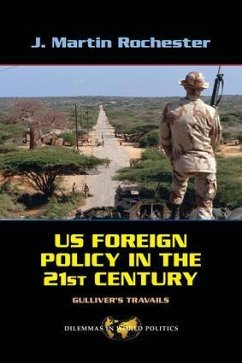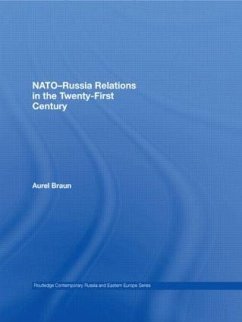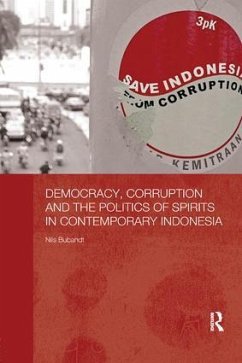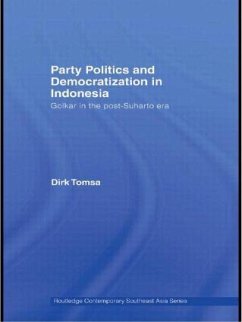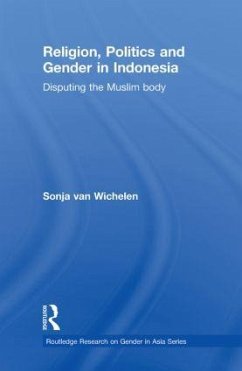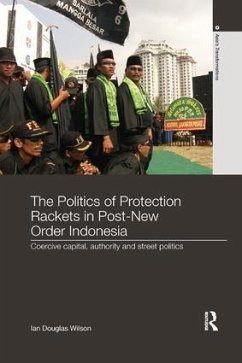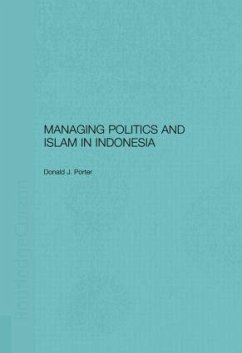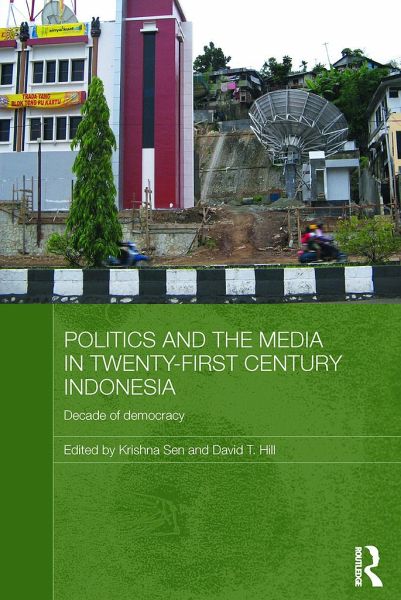
Politics and the Media in Twenty-First Century Indonesia
Decade of Democracy
Herausgeber: Sen, Krishna; Hill, David
Versandkostenfrei!
Versandfertig in 1-2 Wochen
69,99 €
inkl. MwSt.
Weitere Ausgaben:

PAYBACK Punkte
35 °P sammeln!
This book examines the media in the post-authoritarian politics of twenty-first century Indonesia. It considers how the media is being transformed, its role in politics, and its potential impact in enabling or hampering the development of democracy in Indonesia.




